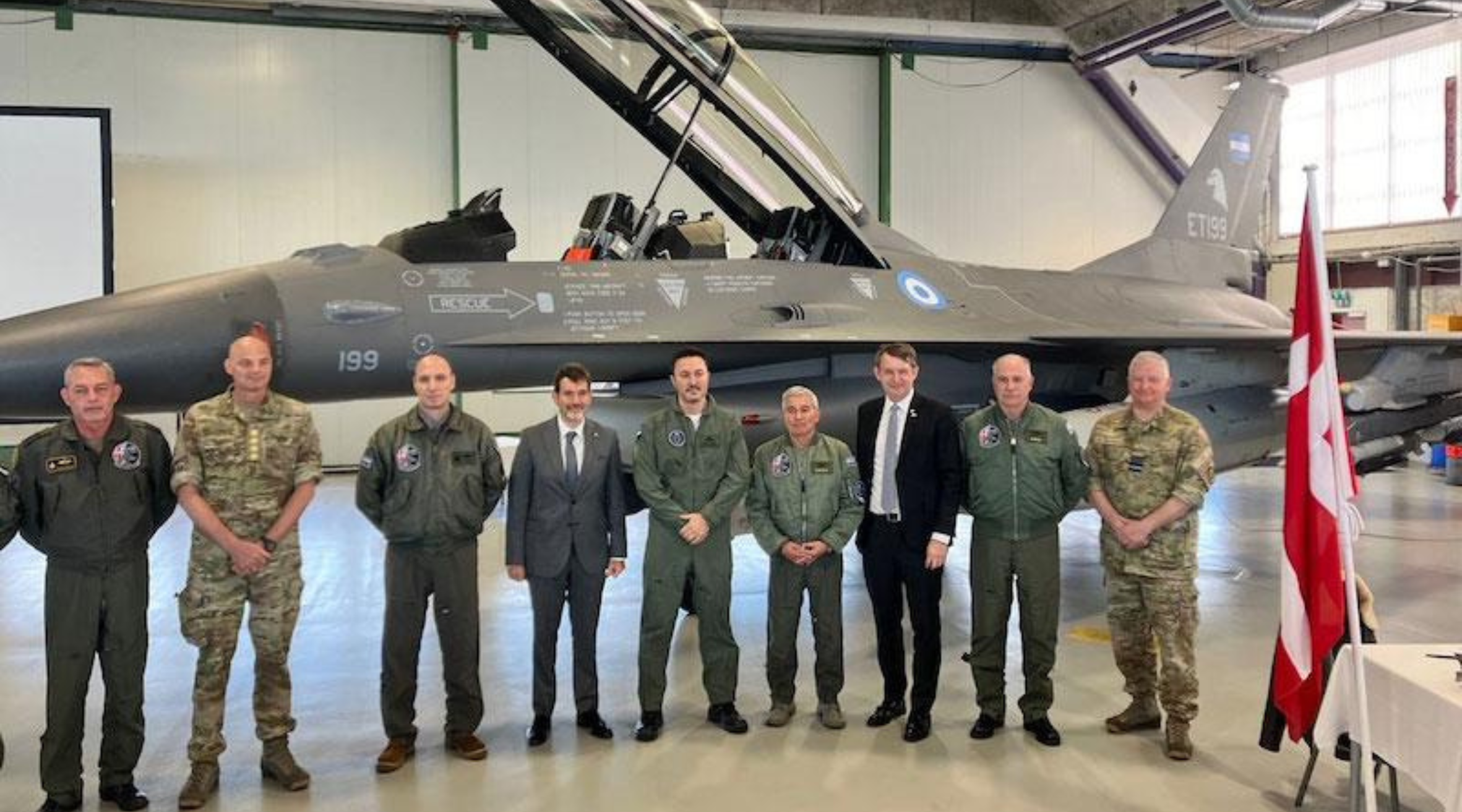Argentine (Transatlantic Today)— The Milei Government’s rapprochement with the United States and the West seems evident: in almost six months of government, the Casa Rosada signed the purchase of F-16 fighters from Denmark (the operation had the endorsement of Washington), the largest military acquisition in decades, and its Minister of Defense, Luis Petri, requested to become a “global partner” of NATO, a situation that builds on the status of an important extra-NATO Ally achieved in 1998, during the government of another pro-president. -West: Carlos Menem.
Joint Military Exercises
In a notable development, the US nuclear-powered aircraft carrier USS George Washington conducted military exercises with the Argentine Navy, marking the first such collaboration since 2010. This exercise, part of the “Passex Gringo-Gaucho II” operations, involved several South American nations, including Brazil, Chile, Colombia, Ecuador, Peru, and Uruguay.
Diplomatic Engagements and Defense Cooperation
According to Cnnespanol, Argentina’s diplomatic engagements also saw the arrival of a French naval fleet, including the helicopter carrier Tonnerre and the frigate Guépratte, for joint exercises and a significant diplomatic visit. French Ambassador to Argentina, Romain Nadal, emphasized the strategic partnership between France and Argentina, particularly in regional security and global defense cooperation.
Argentina’s Stance on Global Conflicts
President Milei has openly supported Ukraine and Israel in their respective conflicts, aligning Argentina with NATO’s interests and expressing opposition to Iran. This stance marks a departure from Argentina’s historical neutrality and reflects a broader realignment towards Western alliances.
Balancing Relations with China
Despite Milei’s pro-West rhetoric, Argentina continues to maintain significant economic ties with China. Recent high-level meetings reaffirmed the bilateral relationship, with both countries emphasizing mutual support on key issues such as the Falkland Islands and the “one China” policy regarding Taiwan. Argentina’s economic dependencies, including the yuan swap agreement, underscore the complexity of balancing its Western alignment with its longstanding ties to China.
Strategic Implications and Future Outlook
Analysts suggest that while Argentina is increasing its alignment with the United States, it remains economically intertwined with China. The purchase of F-16 fighters, rather than the Chinese JF-17, signifies a geopolitical choice favoring Western suppliers. However, Argentina’s broader strategic importance and its ability to navigate these dual relationships will continue to evolve in response to global dynamics and domestic political strategies.


























